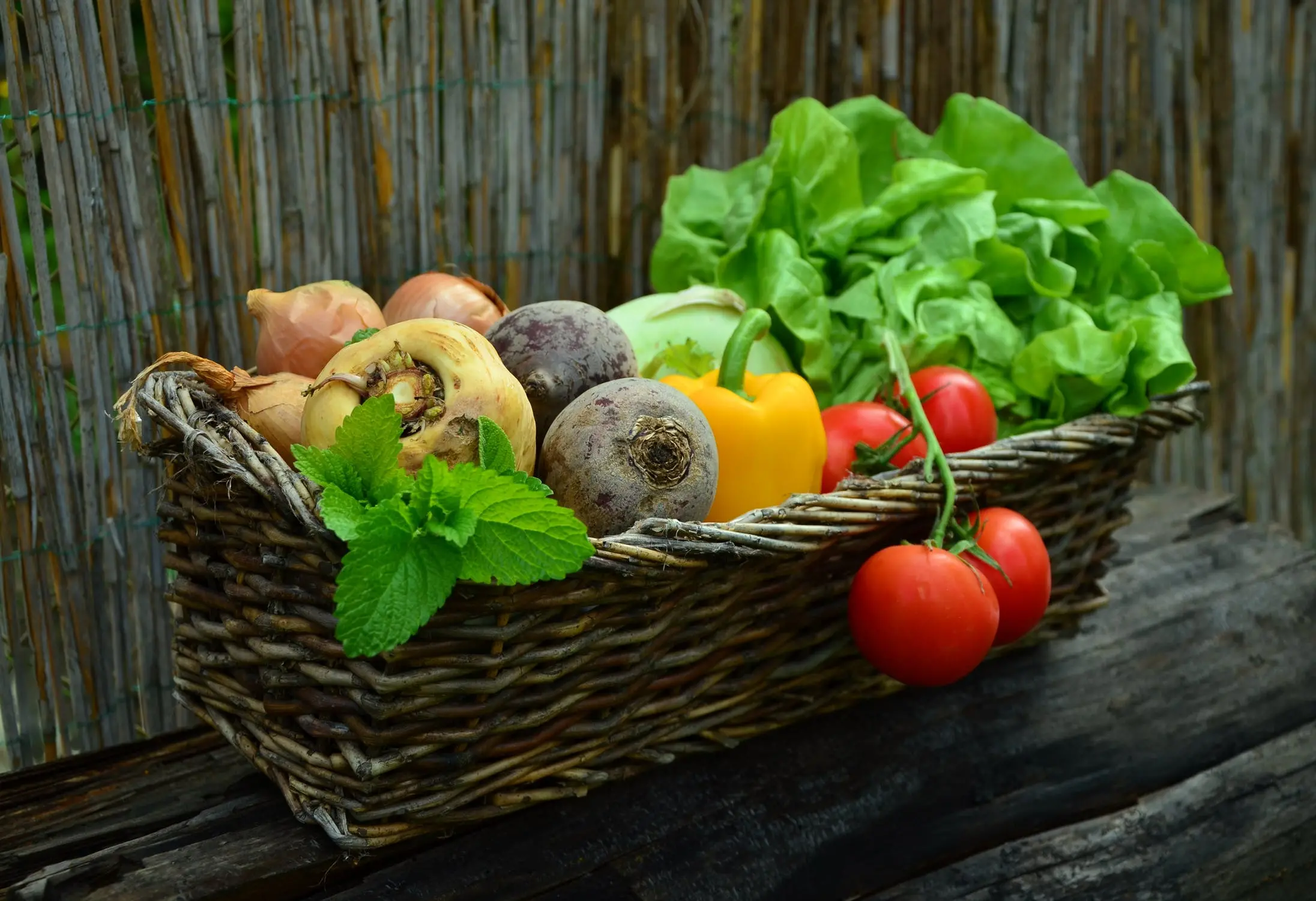Applications of blockchain in the food industry are not only improving the traceability of food and customers' safety but are also making farming more profitable and less uncertain for farmers.
The application of blockchain in the food industry is set to improve the crop quality and food safety, as well as enhance the lives of those engaged in this field. Although an abundance of food is produced globally, there is a glaring disparity in its distribution across different regions. One-third of the food produced, which is about 1.3 billion tons and worth hundreds of billions of dollars gets wasted every year globally, while people starve to death in some parts of the world. Even those with access to food are not guaranteed quality and safety. Farming is becoming unprofitable and unsustainable for many farmers due to low selling prices for crops and the farmer’s dependency on external, uncertain factors such as rain. Blockchain is being used to solve these problems, and the results have been promising so far.
Benefits of Blockchain in the Food Industry
Here’s what blockchain can bring to the food industry:
Crop Traceability
As a way to ensure high-quality produce, blockchain can be used to trace batches of crops throughout their journey from the field to the fork. By documenting the source of grains, fruits, and vegetables through different stages in the supply chain, consumers can trace the food back to where it was grown to ensure authenticity and quality. This can be especially helpful for identifying special breeds of crops. This also helps farmers to comply with food manufacturers and government agencies.
Food Safety
Blockchain can be used to ensure food safety by monitoring food through different stages of processing. This ensures that the people involved at each stage of food processing can be held accountable for food safety, as the blockchain records details at every phase. IBM and Walmart have launched a food safety program in China that uses blockchain technology to ensure transparency in the process and provide quality assurance to consumers.
Transactional Transparency
The use of blockchain as a transactional channel eliminates middlemen who charge the farmers, sometimes extortionately, for distribution. Having intermediaries in sales of crops minimizes the profit margins for the farmers to the extent that fails to justify the investment and effort put into cultivation. Using blockchain-based platforms, farmers can directly sell to wholesale retailers or food manufacturers who pay them fairly, with every transaction recorded on the blockchain.
Crop Insurance
Farmers face high uncertainty and risk due to the uncontrollable factors and usually have no insurance to save them in case of droughts, hurricanes, or diseases. Even those who are insured have to go through tiresome formalities and validation processes since there is room for fraud and fabrication of losses. However, using blockchain’s transparency and its ability to execute smart contracts, insurance companies can almost immediately reimburse farmers for their losses in case of contingencies. An example of such an application is a blockchain-based crop insurance platform that executes smart contracts for paying farmers during droughts by verifying meteorological data recorded for a particular place and period.
These applications of blockchain in agriculture will make life easier for the farmers, and also enable food companies to guarantee quality to customers. This creates a win-win situation for the cultivator, processor, and the consumer. Although it is obvious that blockchain is here to stay, as a technology it is still underdeveloped. As the technology matures, more advanced applications of blockchain will emerge that can do even more for the food industry.




Leave your comments
Post comment as a guest